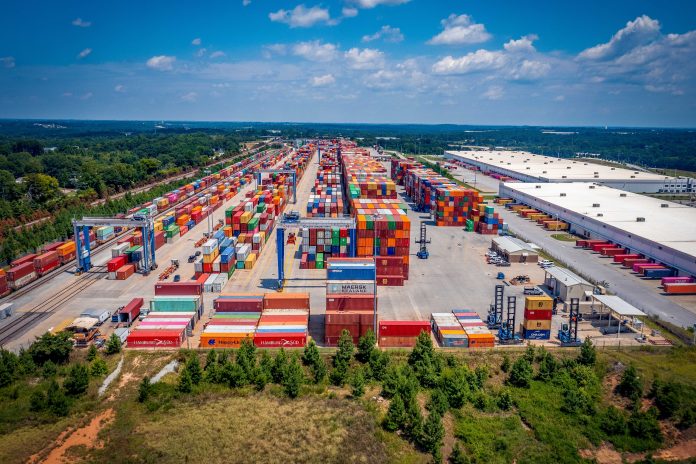Marsh and Tokio Marine Kiln (TMK) have unveiled a groundbreaking insurance facility for ports and terminals, offering coverage for business interruption caused by trade disruptions.
This exclusive product, developed by Marsh’s Marine Cargo & Logistics team in collaboration with Tokio Marine Kiln and led by Ed Parker, TMK’s Head of Special Risks, is available globally to Marsh clients.
The standalone policy provides up to US$50 million in coverage for business interruption losses stemming from events such as geopolitical tensions and weather-related incidents.
This launch builds on Marsh’s previous introduction of a US$50 million port blockage insurance facility, which covers revenue losses due to third-party incidents like vessel accidents, waterway closures, or natural disasters.
Recent disruptions, including the Red Sea crisis, the Ukraine conflict, and tensions in the Taiwan Straits, have significantly impacted global trade, forcing vessels to reroute for safety.
In early 2024, trade through the Suez Canal fell by over 50%, while the collapse of the Francis Scott Key Bridge in Baltimore also caused major trade delays.
Traditional insurance policies for ports and terminals generally only cover interruptions caused by physical damage or restricted access. However, this new offering provides broader protection, covering financial losses when ships are diverted or avoid certain ports due to external factors.
“Business interruption events stemming from geopolitics, trade disruption and weather-related incidents are increasing in their frequency and severity around the world, which is resulting in debilitating consequences for businesses involved in international trade. This new facility offers our port and terminal clients a rapidly available layer of cover to protect their operations and facilitate an expeditious resumption of normal operations when these events occur,” stated Louise Nevill, CEO, of UK Marine, Marsh Specialty.
According to the statement, the new facility also addresses risks from sea or land blockages, increasingly volatile weather, and more frequent hurricanes or typhoons, which have heightened the risk of trade disruptions at ports.







